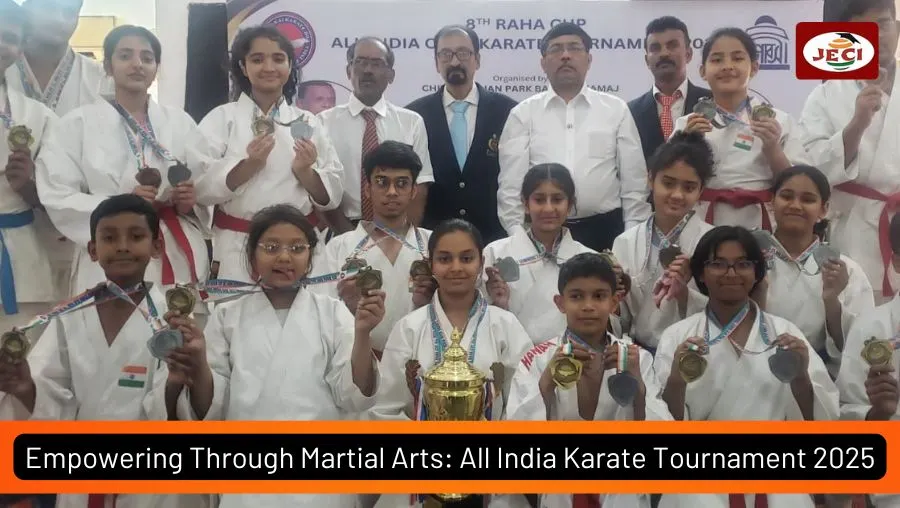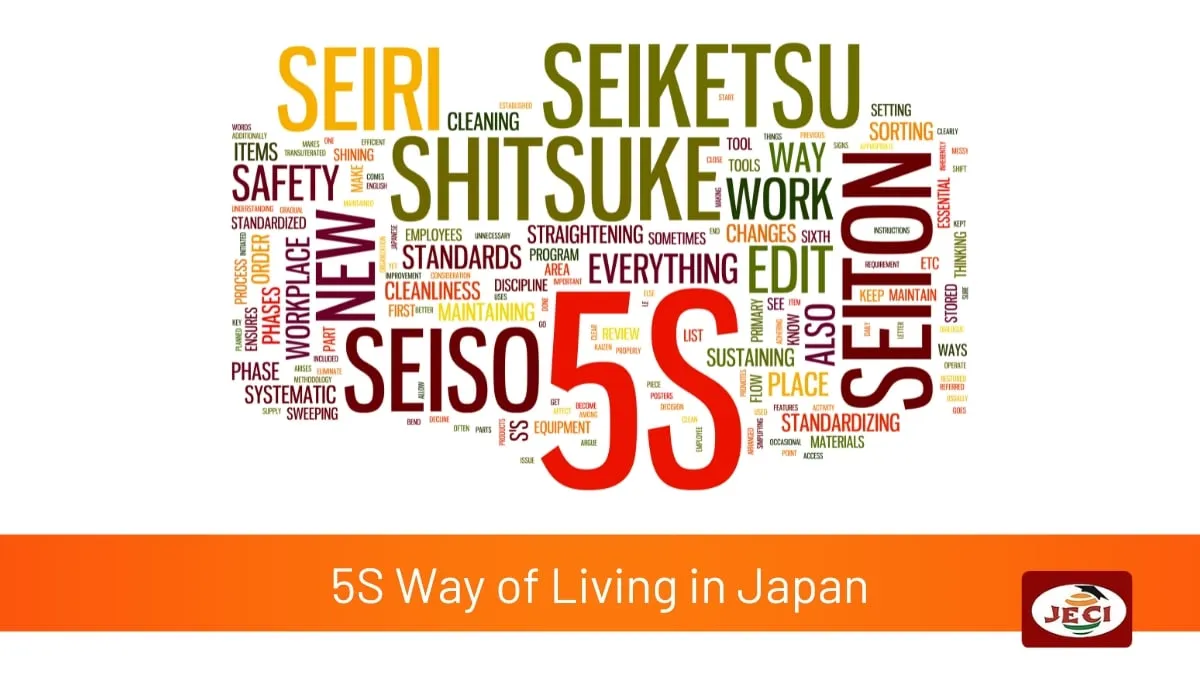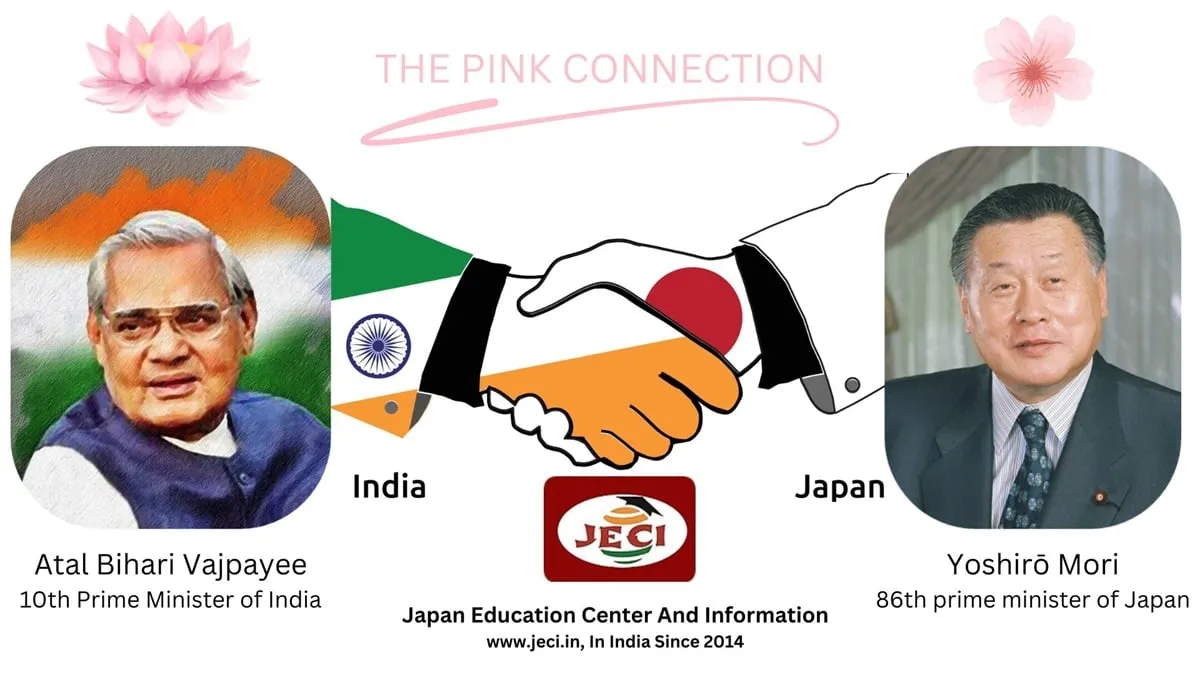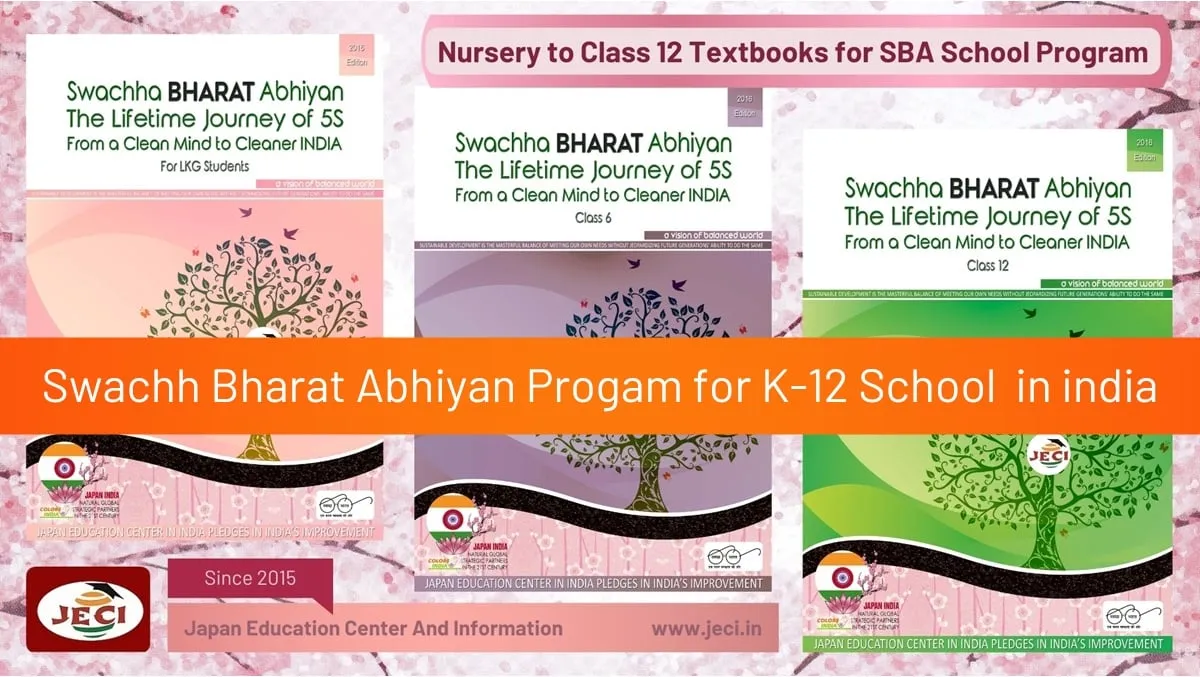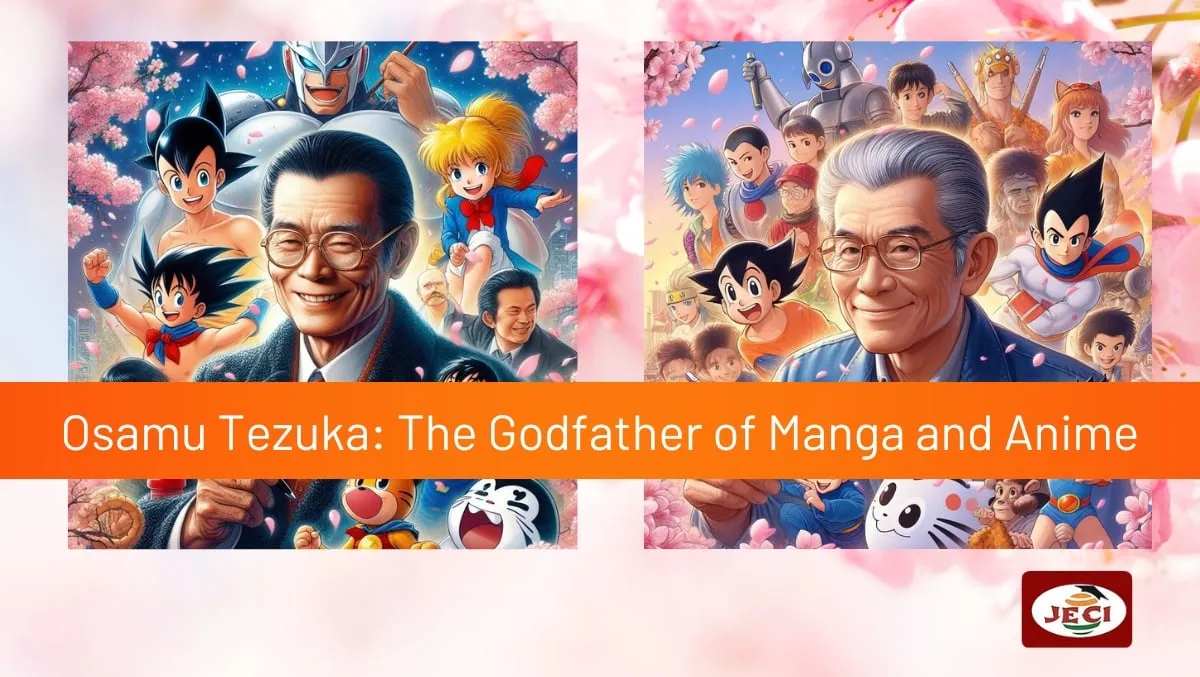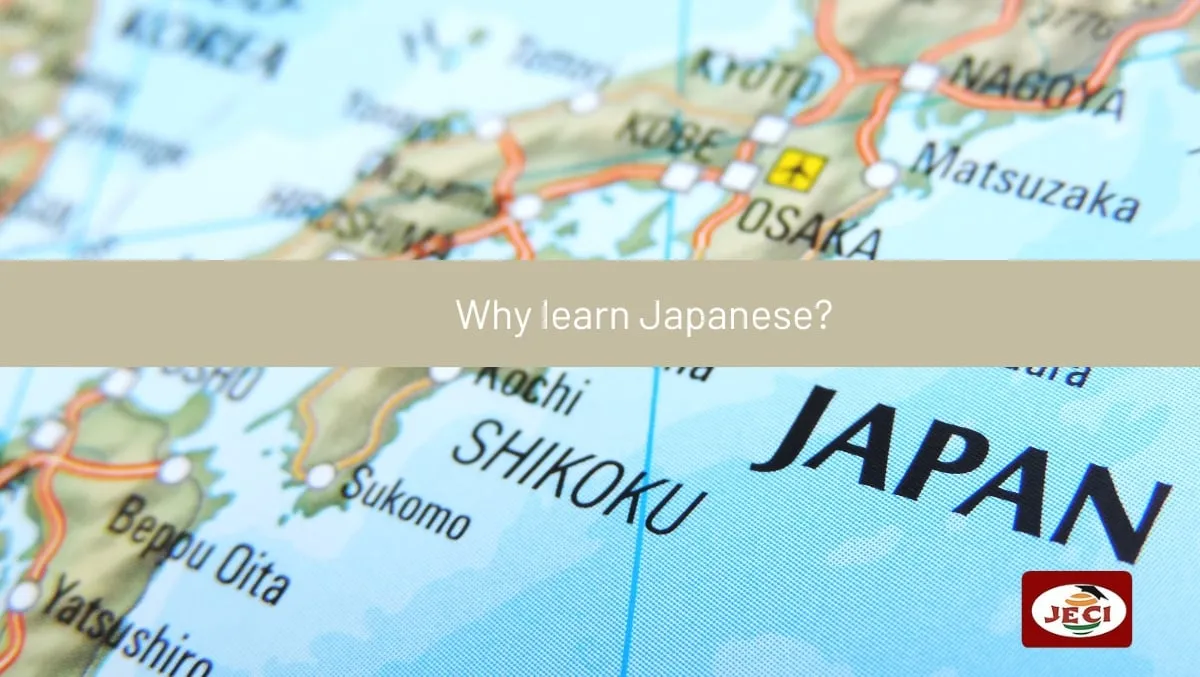Exploring Bukatsudo: Japan's Extracurricular Club Activities in Junior and Senior High Schools.
"Bukatsudo" refers to the extracurricular club activities offered in Japanese junior & senior high schools. Participation is voluntary, but most students join a club.
Clubs are divided into sports and culture categories, with various subtypes. Activities range from casual weekly meetings to intense daily practices, with some clubs even meeting on holidays to prepare for national competitions.
Each club has a supervising teacher but emphasizes student independence. According to the Ministry of Education, Culture, Sports, Science and Technology guidelines, students are encouraged to participate independently and voluntarily.
A 2017 survey found 47 sports clubs & 26 culture clubs in junior and senior high schools. Common sports clubs include table tennis, track and field, baseball, basketball, and soccer, with many competing in tournaments.
Martial arts clubs, such as kendo & judo, are also popular. Culture clubs include brass band, art, chorus, theater, & traditional Japanese culture clubs like flower arrangement and tea ceremony.
While sports clubs generally meet more often & practice more, some culture clubs, like brass band and theater, have intense practice schedules and compete in tournaments. Overall, the variety of clubs caters to diverse student interests and passions.
The Japan Sports Agency fact-finding survey examined the participation status of junior high & senior high school club activities. The survey found that most students belonged to only one club, with a small number participating in multiple clubs.
In junior high schools, 70% participated in sports clubs and 20% in culture clubs. However, in senior high schools, sports club participation dropped to 50%, while culture clubs rose to 25%, due to a wider range of options.
The shift to culture clubs is partly due to a desire for more relaxed activities, as sports clubs have rigorous practice schedules and strict rules. Additionally, about 20% of senior high school students don't participate in any club (known as "kitakubu"), attributed to a growing individualism and dislike for group activities.
Participating in clubs has many benefits. Japanese clubs are considered "a part of education" and offer unique experiences. Sports & culture clubs promote teamwork and cooperativeness, with sports clubs providing structure and culture clubs offering a collaborative space.
Traditional Japanese martial arts & culture clubs (e.g. kendo, judo, flower arrangement, tea ceremony) offer a valuable opportunity to learn traditional arts firsthand. This exposure in the teenage years has a significant impact on passing Japanese culture to the next generation.
Thank you,
Capt. Raj Adhikary




